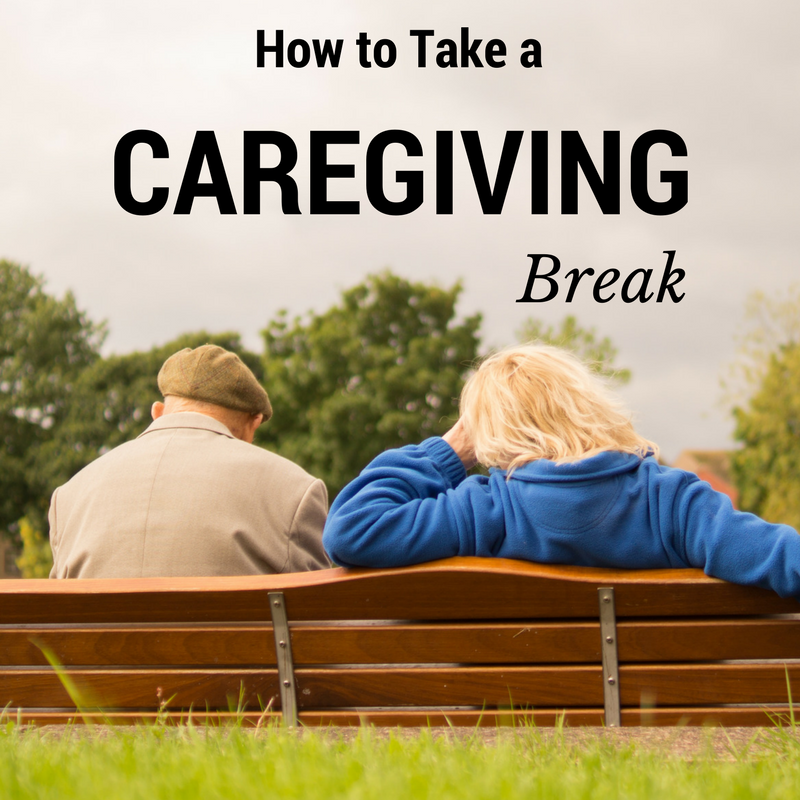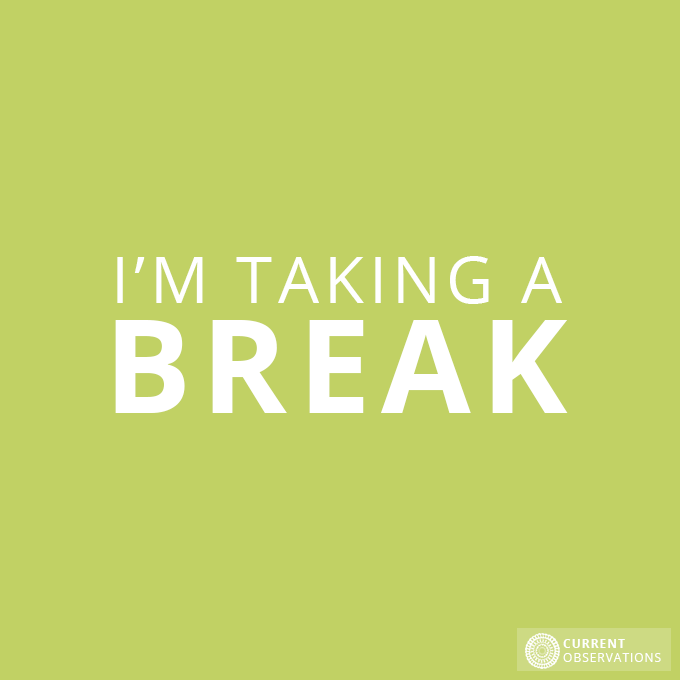

(Apparently, this was something he did for fun, which speaks volumes about both Facebook’s origins and Zuckerberg’s college social life.) Perhaps unsurprisingly, Facebook has also long been interested in the question of relationship outcome prediction, to the degree that it is embedded in the company’s DNA: According to the book The Facebook Effect, while Mark Zuckerberg was at Harvard, he developed an algorithm that could predict which of his friends would hook up with each other with 33 percent accuracy. Further, the 1992 study also relied on oral history interviews with the couples, implying that the model only works if you can observe couples IRL.īut can you come up with an equally accurate model based on data alone? Gottman’s research has gotten a great deal of media attention, but it also isn’t particularly surprising: If couples are arguing about money right after they’ve gotten married, it stands to reason they’ll continue to do so for the duration of the relationship. He later published a book arguing there are seven traits associated with relationship outcome, such as whether couples express fondness or affection toward each other and how they deal with conflict. Gottman was able to develop a model predicting the likelihood of whether a couple would get divorced with more than 94 percent accuracy. Perhaps the most well-known research of this kind is John Gottman’s 1992 study of 52 newlywed couples, in which Gottman’s team interviewed them and observed their interactions, then asked them to fill out a questionnaire three years later. That said, researchers have been studying relationship outcomes for decades, so there’s a significant (and fairly strong) body of work for developers to build on. “To be able to say, ‘You and Brian are going to break up in 2.5 months’ - I don’t think that’s very likely.” “Relationships are dynamic processes and complex systems,” Justin Garcia, Match Scientific Advisor at dating site Match, told Vox. There are so many variables at play, from environmental context to biological attraction to personality compatibility to whether or not you share the same opinion on Jimmy Fallon, that mathematically speaking, determining a specific expiration date for a relationship with a great deal of accuracy is close to impossible. Relationships are notoriously difficult to predict.

The question is, will brands take advantage of it? And more importantly, will you? How much can Big Data tell you about your relationship? Getty Images

So it stands to reason that fewer pics of you with your significant other on Instagram could signal to apps and brands that your relationship may be coming to an end.īut how much can Big Data actually tell you about your relationship? Can it predict, say, when you’re about to break up? And if you start to see pop-ups for ice cream, Kleenex, and dating sites, should you be concerned?Īs it turns out, while experts say it isn’t being used, relationship prediction technology already exists to some degree. Even Instagram knows about your shameful predilection for Hallmark Christmas movies. Target knows you’re pregnant before you tell your friends and family. Facebook serves you ads for cat food after you talk about getting a cat. We’ve quickly come to accept that brands know as much about us as we know about ourselves.


 0 kommentar(er)
0 kommentar(er)
